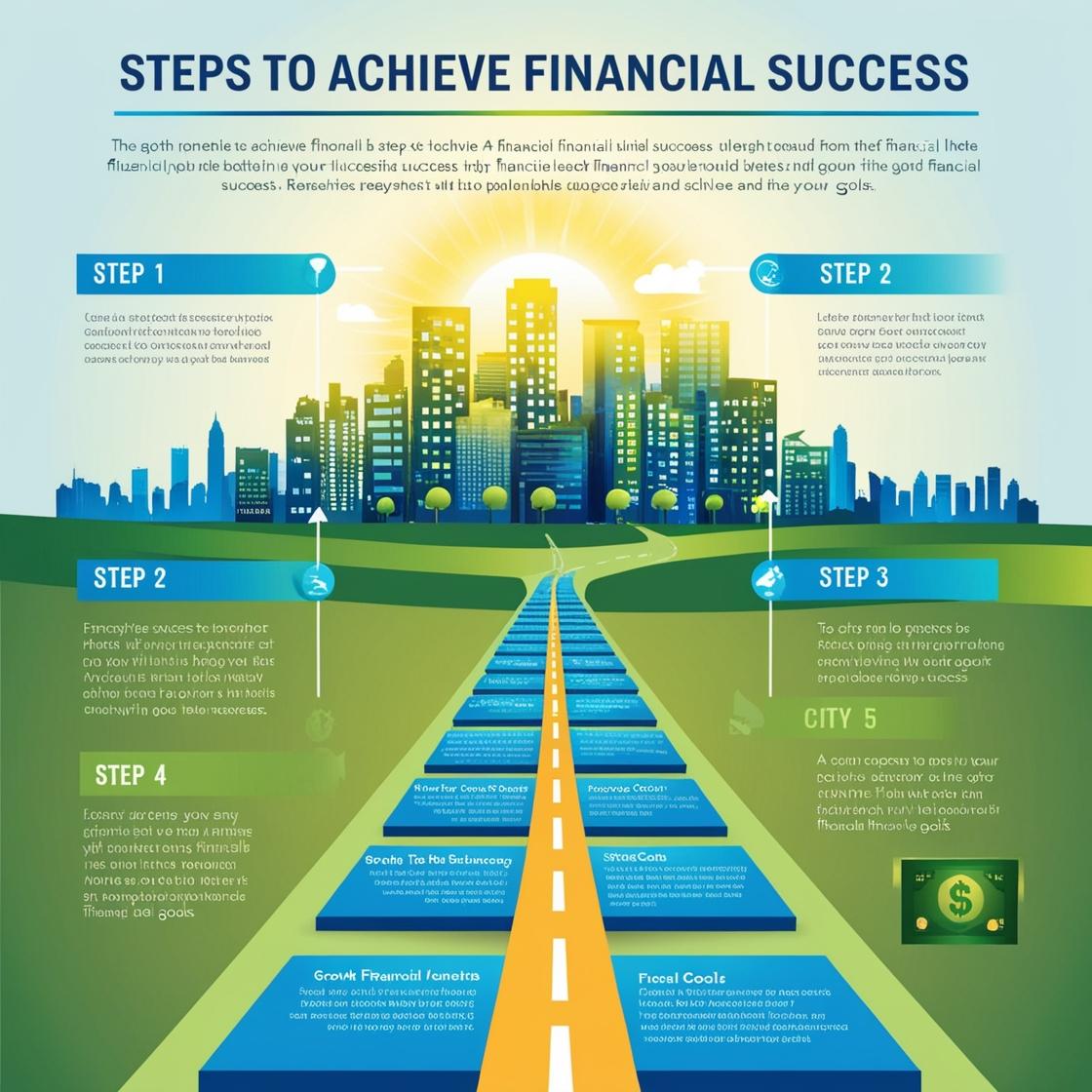
Your salary is more than just a means to cover daily expenses—think of it as seed money, the initial capital that can be cultivated into a prosperous financial future. By strategically investing your earnings in assets with growth potential, you can build wealth over time and secure a comfortable retirement. Here are some key investment options to consider:
1. Stocks
Investing in the stock market allows you to buy shares of companies, giving you a stake in their growth and profits. Stocks have historically offered higher returns compared to other investment options, although they come with higher risk. Diversifying your portfolio by investing in a variety of industries and companies can help mitigate this risk.
2. Bonds
Bonds are essentially loans you give to corporations or governments in exchange for regular interest payments and the return of the bond’s face value at maturity. While generally considered safer than stocks, bonds typically offer lower returns. However, they provide a steady income stream and can be a valuable component of a balanced investment portfolio.
3. Real Estate Investment Trusts (REITs)
REITs are companies that own, operate, or finance income-producing real estate. By investing in REITs, you can gain exposure to the real estate market without the hassle of buying and managing properties yourself. REITs offer the potential for regular income through dividends, as well as capital appreciation.
4. Real Estate
Directly investing in real estate involves purchasing property—residential, commercial, or rental—to generate income and benefit from property value appreciation. Real estate can provide a steady cash flow through rental income and long-term growth through property value increases. It also offers tax benefits and can act as a hedge against inflation.
Developing an Investment Strategy
When deciding how to allocate your salary into these investment options, consider the following steps:
- Set Clear Financial Goals Define what you want to achieve with your investments, whether it’s saving for retirement, buying a home, or building an emergency fund.
- Assess Your Risk Tolerance Understand your comfort level with taking risks. Generally, younger investors can afford to take more risks as they have more time to recover from market fluctuations.
- Diversify Your Investments Spread your investments across different asset classes to reduce risk. Diversification helps ensure that a poor performance in one area doesn’t drastically impact your overall portfolio.
- Regularly Review and Adjust Periodically review your investment portfolio to ensure it aligns with your financial goals and make adjustments as needed. Staying informed about market trends and economic changes can help you make informed decisions.
- Seek Professional Advice Consulting with a financial advisor can provide personalized guidance tailored to your specific financial situation and goals. A professional can help you create a comprehensive investment strategy and offer insights into market opportunities.
By viewing your salary as seed money and strategically investing it, you can cultivate a robust financial portfolio that grows over time. Whether you choose stocks, bonds, REITs, real estate, or a combination of these, the key is to start early, remain consistent, and stay informed. With diligent planning and disciplined investing, you can achieve financial independence and security for you




